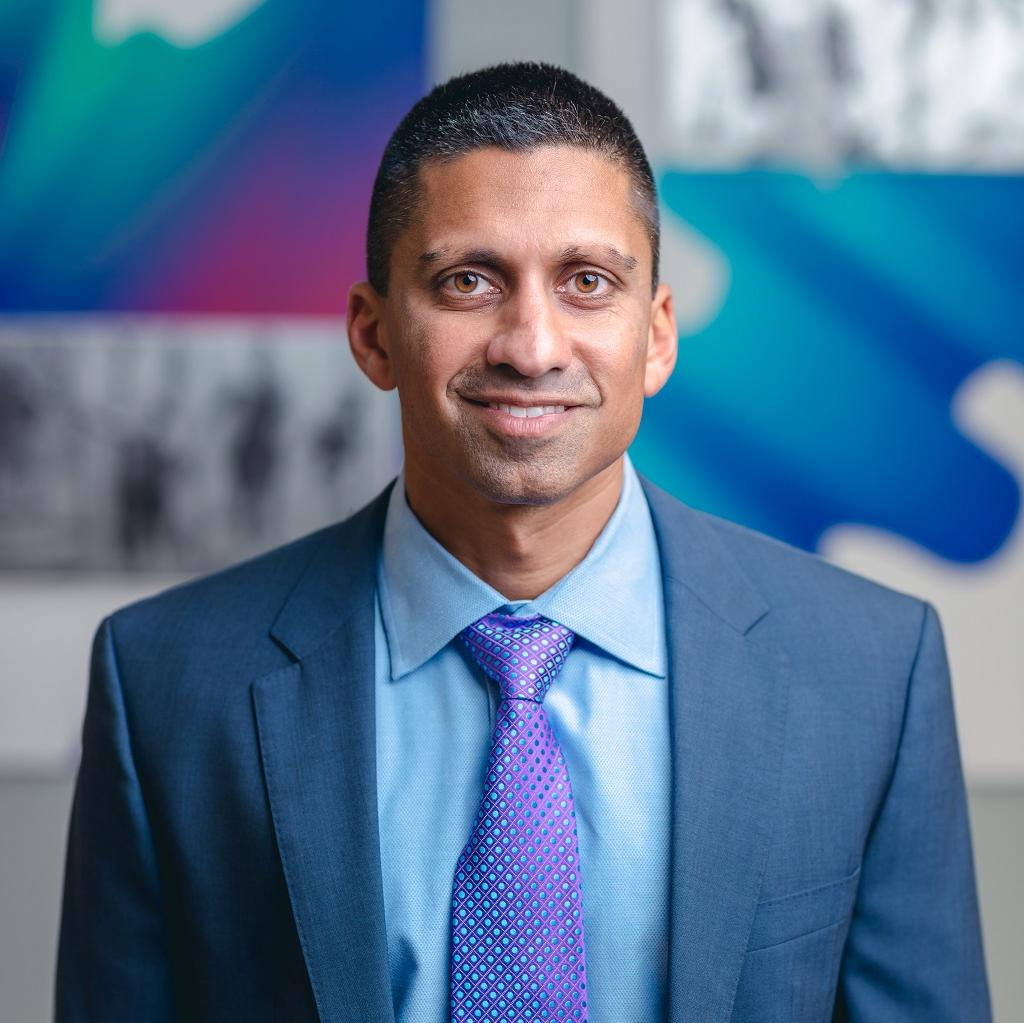 UAB Minority Health & Health Equity Research Center (MHERC), a leader in health disparities research, is excited to announce the appointment of Irfan Asif, M.D., chair of the Department of Family and Community Medicine and associate dean of primary care and rural health, as the Center’s Co-Director.
UAB Minority Health & Health Equity Research Center (MHERC), a leader in health disparities research, is excited to announce the appointment of Irfan Asif, M.D., chair of the Department of Family and Community Medicine and associate dean of primary care and rural health, as the Center’s Co-Director.
For over 20 years, the MHERC has served as a critical connection between investigators and vulnerable populations—enabling and facilitating health disparities research. As a University-Wide Interdisciplinary Research Center (UWIRC), the MHERC collaborates with researchers across UAB’s schools and departments to translate science into better health for all. This cross-disciplinary nature allows the center and its members to leverage expertise and insights that extend beyond the typical support available to researchers, fostering innovative solutions and partnerships.
“The appointment of Dr. Asif as MHERC co-director embodies our commitment to growth and cross-unit coordination. He has been a valuable partner for many years, and I am excited that he has decided to join us on our journey toward health equity in an official capacity,” stated Mona Fouad, M.D., MPH, director of the UAB Minority Health & Health Equity Research Center and senior associate dean for the Heersink Office for Access and Engagement.
Asif, who has collaborated with the MHERC on a number of projects, has witnessed the gaps in health outcomes both personally and in his career. Asif recalls his upbringing, “My parents instilled in me a dedication to caring for the underserved. I think of those volunteering opportunities as a part of my DNA. The experiences shaped my growth as a child and even into early adulthood.”
Throughout medical school at the University of Cincinnati, Asif found himself incorporating vulnerable populations into his research. This interest followed Asif into his career in family and sports medicine, which emphasizes holistic care by addressing factors such as disease prevention, community health, and the social determinants of health—all areas in which the MHERC often focuses its research.
After being named chair for the UAB Department of Family and Community Medicine in 2018, Asif’s passion for health equity soon filtered throughout the organization. The department has welcomed initiatives such as the Comprehensive Urban Underserved and Rural Experience (CU2RE) Program, as well as partnerships with Live HealthSmart Alabama to establish a co-enrolled course to give students experience working in underserved communities and staffing the Mobile Wellness unit with trainees in its Selma Family Medicine Residency Program.
Looking to the future, Asif hopes to continue collaborating with the MHERC and LHSA; in addition to seeking new opportunities in the area of sports medicine. “Our sports and exercise medicine program takes care of athletes of all kinds, people who may aspire to be athletes or who are just trying to get off the couch,” explained Asif. “We handle a lot of youth sports programs, including those in the Birmingham City Schools [which is also a partner of the MHERC]. Working together, we can make kids better students, as well as better athletes.”
Furthermore, Asif’s interests also extend to the role technology such as artificial intelligence (AI) can play in developing culturally sensitive and personalized plans for patients. In an example that prescribes food as medicine, Asif explained that if someone likes Indian food but needs a low sodium diet, AI could help tailor a meal plan that maintains that recommendation but incorporates the Indian flavor.
“The MHERC has done amazing work and now we have an opportunity to take a step back and think about how we can continue to have meaningful and impactful work in a way that’s current or event futuristic,” shared Asif.
Asif credits part of the center’s 20 years of success to its ability to bring different perspectives together in an environment where people feel safe to collaborate and provide input. He finished, “This center is one-of-a-kind. We should take a moment, celebrate it, and disseminate it so other people can start developing their own MHERC equivalent. My hope is by doing that we create lasting partnerships.”